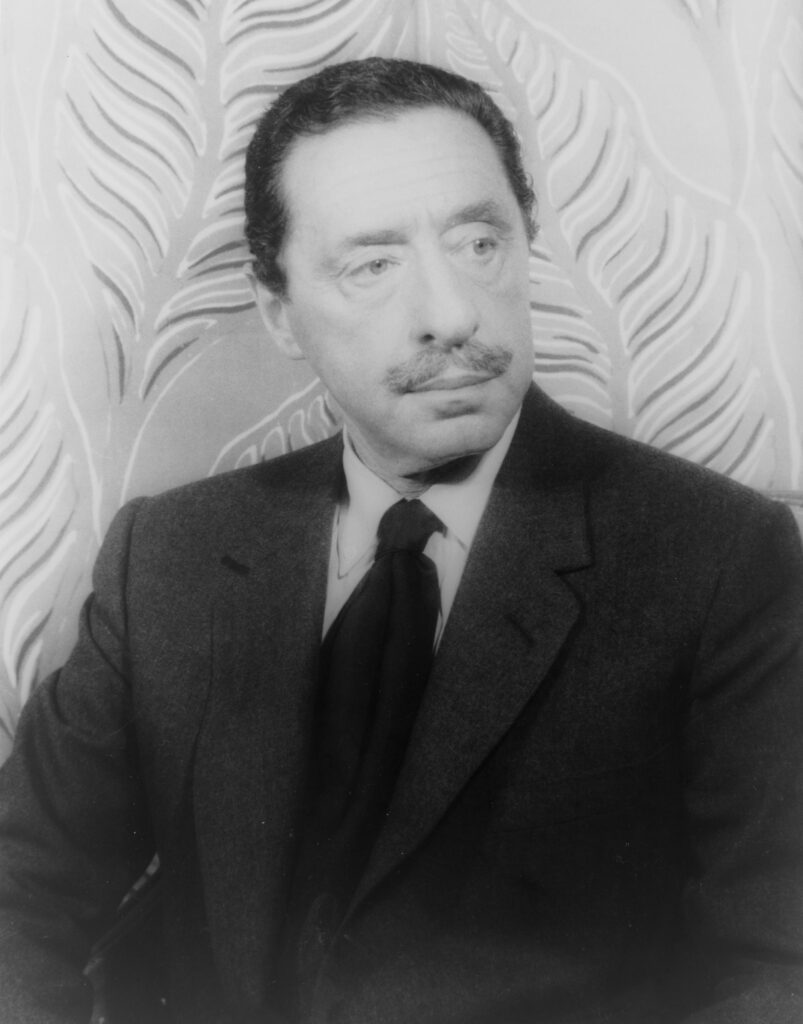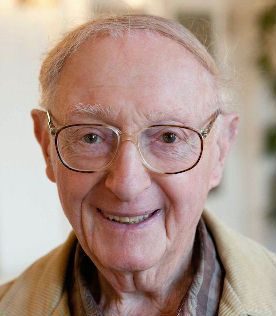Avi Ohry
Tel Aviv, Israel
“Medicine to produce health must examine disease; and music, to create harmony,must investigate discord.”
– Plutarch (AD 46–120), Demetrius, sec I

Harold Arlen,1 composer of popular music, was born in 1905 in Buffalo, New York, as Hyman Arluck, the child of a Jewish cantor. After singing in a local synagogue choir, he studied piano, and later played in silent movie houses and in a vaudeville act. He created a trio, joined a dance band, and became a popular arranger, pianist, and singer, later appearing in ballroom restaurants and in various societal functions in NYC and elsewhere. He wrote over 500 songs, including the popular “Get Happy”, “I Gotta Right to Sing the Blues”, “Stormy Weather”, “I’ve Got the World on a String,” “Let’s Fall in Love”, “It’s Only a Paper Moon,” “Lydia, the Tattooed Lady,” and “That Old Black Magic.”
In 1938 he wrote the songs for The Wizard of Oz, including the legendary “Over the Rainbow”. In the 1930s he settled in California and continued to write songs, including some for Judy Garland and later for Barbra Streisand. He died in 1986.
Next was Walter Arlen,2,3 a composer, academic musical teacher, and critic. He was born as Walter Aptowitzer in Vienna in 1920 and died in 2023. He was taken at age five to a musicologist who discovered that he had perfect pitch and recommended he take piano lessons. He was given a piano in his room and began to compose at age ten. Many of his family members perished in Nazi concentration camps, and he fled to the US from Nazi Austria after his father was sent to Buchenwald and his mother to a mental institution.

On arriving in Chicago, Walter became depressed, and his therapist recommended he compose. A perfect example of music therapy, which is reminiscent of the famous French composer Maurice Ravel (1875–1937) who suffered from receptive aphasia, ideo-motor disability, and apraxia. His neurologist, Théophile Alajouanine, treated him by having Ravel’s best student play the piano for him on a daily basis.
Later, Walter studied music and composition in Chicago, Los Angeles, and Nashville. He made his living through various occupations; among them, he worked as a driver for Igor Stravinsky, a music critic for the Los Angeles Times, and a professor of music at Loyola Marymount University. When he settled In Los Angeles, he joined the Exile community that gathered at Villa Aurora and the Thomas Mann House.4
His cantata Song of Songs has been performed by the Vienna Symphony Orchestra, and he composed a soundtrack for a recently discovered print of the 1924 silent film Stadt ohne Juden (City Without Jews).5 The soundtrack premiered on his 100th birthday, his last musical contribution.
References
- “Harold Arlen.” Wikipedia. https://en.wikipedia.org/wiki/Harold_Arlen.
- “Walter Arlen.” Wikipedia. https://en.wikipedia.org/wiki/Walter_Arlen.
- Michael Haas. “Walter Arlen: ‘Things turn out differently.’” The Orel Foundation, January 2011. http://orelfoundation.org/journal/journalArticle/walter_arlen_things_turn_out_differently.
- “Tribute to Walter Arlen.” https://www.vatmh.org/en/newsreader-en/tribute-to-walter-arlen.html.
- “Austrian-American Composer Walter Arlen has Died, Aged 103.” The Violin Channel, September 5, 2023. https://theviolinchannel.com/austrian-american-composer-walter-arlen-has-died-aged-103/.
AVI OHRY, MD, is married with two daughters. He is Emeritus Professor of Rehabilitation Medicine at Tel Aviv University, the former director of Rehabilitation Medicine at Reuth Medical and Rehabilitation Center in Tel Aviv, and a member of The Lancet‘s Commission on Medicine & the Holocaust. He conducts award-winning research in neurological rehabilitation, bioethics, medical humanities and history, and on long-term effects of disability and captivity. He plays the drums with three jazz bands.

Leave a Reply